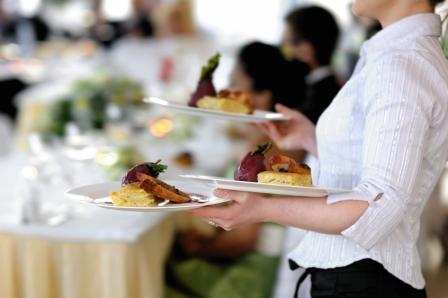The other day I was surprised to find that my local deli is now using an IVR to collect order information. This obviously shows the change of times, where even the mom and pop shops see the value of the streamlined efficiency that an IVR solution can offer.
While chatting about this with friends, it posed the following rhetorical question: At what point is technology too much? Does the local deli lose some of its edge in personalized customer service when an IVR solution is taking the order? Or does the deli gain efficiency by saving time on the front end, leaving more time for the staff to provide that hands on interaction with the customer when the order is picked up?
Looking at this concept even more closely, place yourself in a restaurant. How many times have you found yourself repeating your request for a glass of water or a refill of your favorite soda? Imagine that same restaurant with a phone at the table, where you pick up to immediately be greeted with service options like: your estimated time of arrival on your order (if it was already placed), and to request water press this, and to request dessert press that. I can certainly see how this would enable the measurement of service levels and reduce the opportunity of human error in the order taking process - but it would totally change the dynamic of eating out.
In this time and age where most teenagers prefer texting than one-on-one conversation, would this be the ideal restaurant environment for them? Think about the convenience that a phone at the table would provide. If your food is served cold, you could voice your dissatisfaction immediately by picking up the phone right next to you rather than waiting to flag down the appropriate server. This phone incorporation also extends the capability of the check to be paid via credit card, as well as an immediate survey of the patron’s visit.
As futuristic as this may sound, we better start embracing the concept now. This type of technology would help restaurants obtain real time feedback from its patrons, and would produce the tools needed to establish and measure key performance indicators (KPIs), like food arrival times, restaurant cleanliness, server courtesy, food satisfaction levels, etc. While everyone knows that servers work primarily on tips, there is still a cost for their employment, and we all know that the best companies look for ways to cost costs. By eliminating the responsibility of taking orders, you essentially leave only the duty of serving the food, which would not require as many servers. So at what point do you think the food service industry will be completely transformed by this level of technology?




